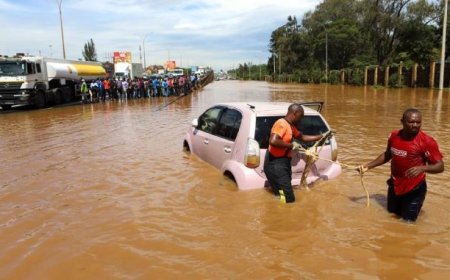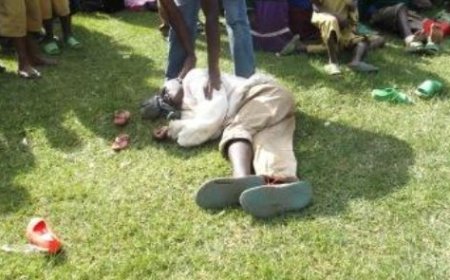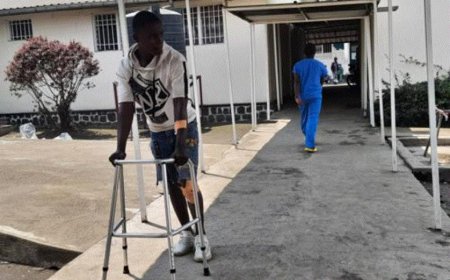EAC is calling for increased public awareness to prevent the spread of deadly Monkeypox
The East African Community (EAC) Secretariat is urging partner states to raise public awareness to prevent the spread of Monkeypox, a deadly viral infection. Last month, reports indicated that a new strain of the Monkeypox virus was spreading rapidly along the eastern border of DR Congo, causing concern among health officials. Now, Rwanda has two cases.
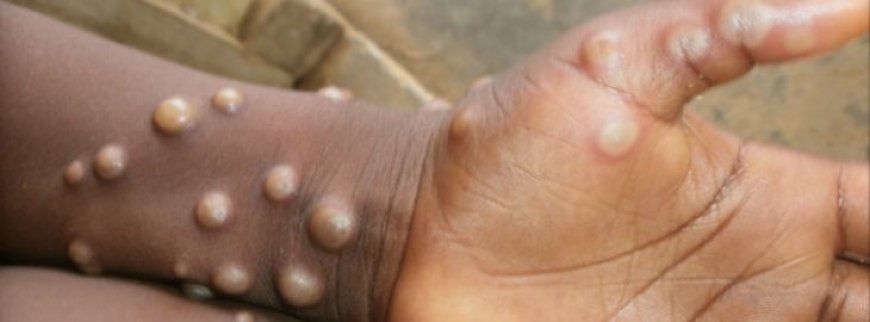
The World Health Organization (WHO) has reported outbreaks of Monkeypox in Burundi and DR Congo, prompting the EAC to call for increased public awareness and education to help citizens protect themselves and prevent the spread of the disease.
Burundi has confirmed three cases of Mpox in Bujumbura and Isare, verified by national laboratories and the WHO. The Burundian health ministry has assured the public that measures are in place to manage the disease, with patients currently receiving treatment and showing improvement, according to an EAC statement. Rwanda has stepped up its epidemic response after two cases of mpox were confirmed in the country on July 27.
Since 2022, DR Congo has reported over 21,000 cases and more than 1,000 deaths, according to the WHO. In 2023, there were 14,626 cases and 654 deaths. By the end of May 2024, 7,851 cases and 384 deaths had been reported. Many of those infected are children under five (39%), and nearly two-thirds (62%) of the deaths are also among children. Health experts have identified a new strain of the virus in one part of the country.
Burundi shares borders with DR Congo, Rwanda, and Tanzania, while DR Congo shares borders with five EAC partner states: Tanzania, Burundi, Rwanda, Uganda, and South Sudan.
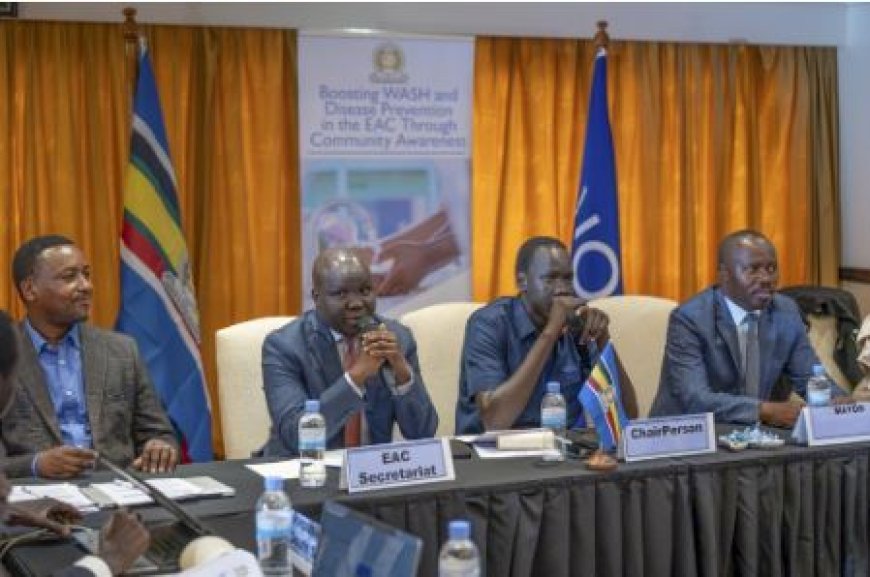
Mpox, previously known as Monkeypox, was first discovered in monkeys in 1958, with the first human case reported in 1970. The virus spreads through close contact, contaminated objects, and respiratory droplets.
Symptoms include a skin rash, fever, headache, muscle aches, weakness, and swollen lymph nodes, lasting two to four weeks. To reduce the risk of contracting Mpox, avoid contact with infected individuals, wear a face mask around symptomatic individuals, use protective equipment when caring for cases, maintain good hand hygiene, wash clothing and bedsheets thoroughly, ensure the meat is cooked properly, and avoid sick animals and bushmeat.
Individuals suspecting that they may have contracted Mpox should self-isolate and seek immediate medical advice. Although a vaccine against Mpox is available, WHO recommends vaccination primarily for those at high risk of exposure.
Treatment focuses on alleviating symptoms, such as pain management. The EAC plans to convene a meeting of health experts to address the situation, supported by the German Government through its development arm GIZ and the Africa CDC.

The EAC has established a pool of rapidly deployable experts to respond to pandemics and epidemics in the region. Additionally, GIZ has supported the EAC in strengthening 10 border areas with DR Congo and other EAC partner states to prevent the spread of zoonotic and water-borne infectious diseases, reaching 700,000 individuals.
 Kinyarwanda
Kinyarwanda
 English
English









